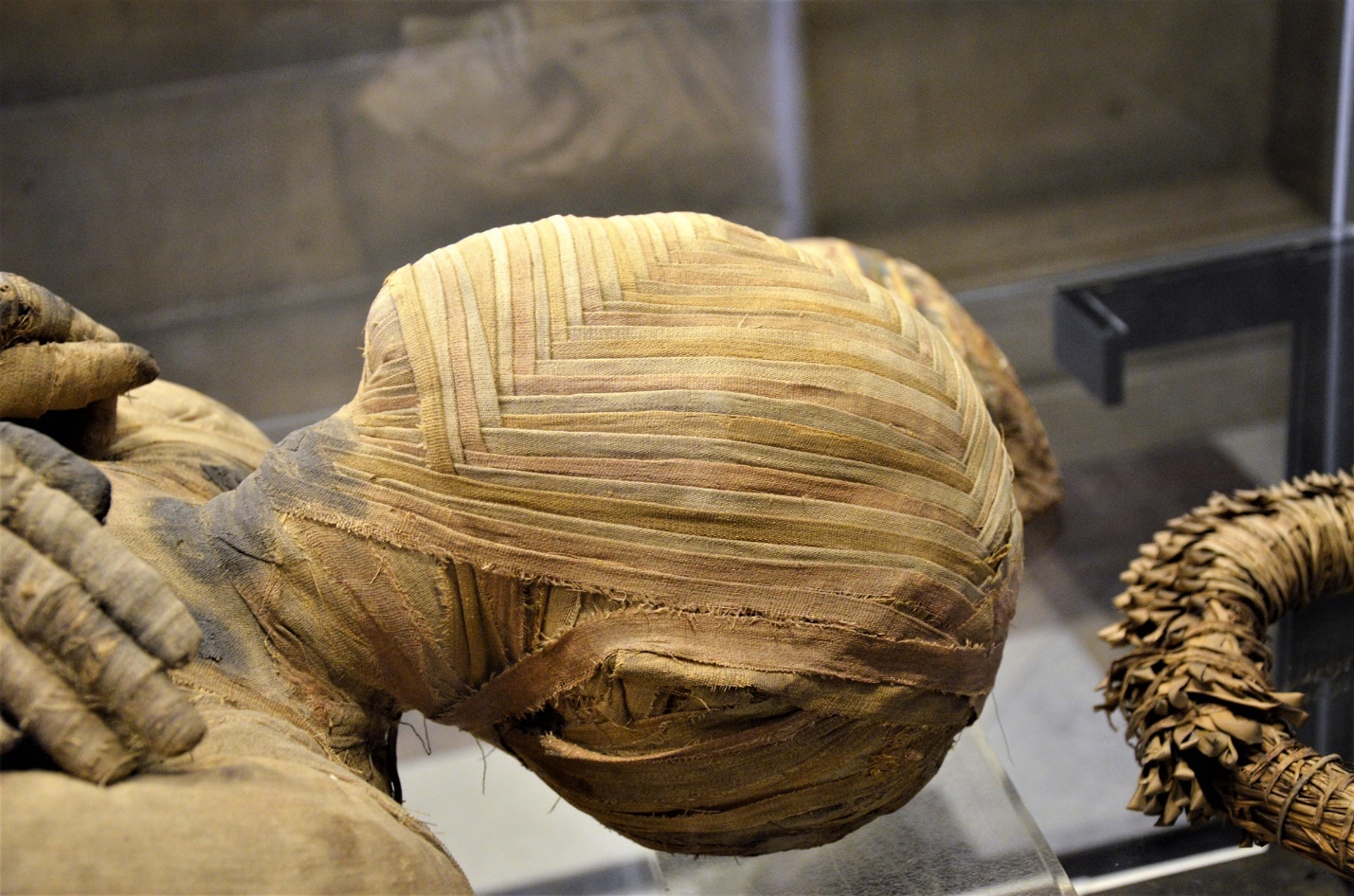BP 200

My name is Matthew. I am 25 years old. I grew up in a Christian home where my parents didn’t just want me to obey Jesus but to obey the rules of being a “nice” boy. It’s like they used Jesus and Christianity for their purposes–to mold me into the human being they desired—instead of themselves coming under the authority of God.
No wonder I didn’t like Jesus.
Does that make any sense at all? I am still confused by it all. I think I came to equate following Jesus with being a “good” son in the Erikson family. For me it was like where does Christianity end and my parents’ version of faith begin?
Being the good son primarily meant that I had to become who my parents needed me to be, what their fragile egos could tolerate. The ultimate objective wasn’t primarily about obeying Jesus (although much of the Bible fit into their “system” of child control) but about obeying their family rules they used to protect themselves. My parents’ version of faith did not lead to my freedom, but it led me to be enslaved to the version of Matthew they demanded. The church and Jesus became associated with captivity and imprisonment for me.
No wonder I wasn’t attracted to Jesus.
My parents really didn’t want me to be the boy who Jesus had created me to be but the boy they could tolerate. They wouldn’t admit that, of course. I don’t even know that they were aware of it or could be made aware of it. To be their son, I had to die to myself. But my flesh was not the only part of me that needed to be crucified with Christ. My true self had to die as well—anything about me that might threaten my parents’ egos that were riddled with shame and badness from their childhood.
Galatians 2:20 was a tool they used to kill all the parts of me they experienced as a threat to themselves.
My parents had a syncretistic faith. What does that even mean? Just that they had a combination of different ingredients to their faith that included several different “religions.” They embraced the Bible and Christian theology, yes, but then they also threw in their own personal creed with its rules and precepts. The beliefs and commands of the Erikson creed–unlike the commandments of the Bible that are clearly spelled out–were largely unspoken and certainly not recorded anywhere where they could be seen and more easily exposed as unbiblical and crushing to a child’s spirit.

But I knew very well what the unspoken family commandments were. They were in the air I breathed. They fueled my anxiety and the inherited badness my parents passed on to me that was really their badness they had never dealt with or submitted to Christ. As Jordan Peterson would say, they did not embrace the monster inside of them but then experienced their own children as the monsters that needed to die.
What was the content of this unspoken Erikson creed that was married to the family version of Christianity? Some of the commandments were:
- It is bad and sinful to be angry at mom. Never do that.
- Always make the family look good to the outside world. It doesn’t matter so much what is on the inside. It is what shows on the outside that is crucial. I was confused about this unspoken family rule because Jesus, unlike my parents, seemed to focus on the inside, not the outside. My parents told me to look good while Jesus told me to be good in my heart.
- Ignore signs of dysfunction in the family like dad’s stiff body and rock-like face that rarely showed any emotion and mom’s shopping addiction and social isolation.
- Don’t ask questions if they will make mom and dad uncomfortable. Uncomfortable is bad. Make everyone feel good and safe.
- Be nice which means to not talk back or express an opinion that conflicts with what the parents believe because to disagree with them is to make them feel all wrong and bad and unloved (and then you must leave their presence and be alone).
- Don’t ever touch your parent’s badness/shame that has been passed down in the family for 150 years or you will be made the bad one. You will be the scapegoat for all the unresolved Erikson badness. You know, shoot the messenger, kill the one who triggers the shame, devalue the one who makes you feel devalued.
- Wear the family mask that makes you a false self because the true self is spontaneous, has a will, possesses emotions, and therefore is highly dangerous to those in power (the parents who are constructed of Elmer’s glue and toothpicks).
- Please everyone
- Be compliant not obedient
Summed up in one sentence, the Erikson family syncretistic religion declared that I could only be me if what I did, said, or felt did not threaten my parents’ fragile mental health or remind them of their angry parents or shed any light on their dysfunction (expose their shadow side as Jung would say).
Everyone had to look good. To the world? Yes, but even more so to my parents because they couldn’t handle mess or anything less than outward perfection. You see, outward perfection atoned for their internal unaddressed sin of Erikson family badness that they apparently could not even admit to Jesus.
No wonder I looked good on the outside but on the inside wanted to break every rule and color outside every line. My parents’ version of parenting was authoritarian. It was all about control, shoulds, looking good, being nice, never being angry or too needy or too “willful.” In other words, dead.
Isn’t there a difference between authoritarian parenting and authoritative parenting? The former is motivated by control and drives kids to rebellion while the latter is motivated by love and is even attractive to kids. Who doesn’t prefer to be loved and taught instead of controlled and shamed?
I suppose an even simpler summary of the Erikson creed is to never hurt my mother or make her feel bad. She was to be protected from the world by the bubble wrap of her family even though I suspect the true threat resided within her. How could I protect her from herself? How could we on the outside protect mother from her wounded, shamed, bad, unlovable self—the one her mother had instilled in her as a girl through repeated scapegoating and blame.

How tragic when the parent blames the child for hurting him or her when the truth is that the parent is hurt easily by even a child’s innocent whisper that touches his or her inner wound.
So, there were a lot of rules in my family system. Christianity had a lot of rules to it as well that were incorporated into the Erikson creed quite seamlessly. Maybe some people see obedience to the commandments in the Bible as a way to keep a fragile God (parent) happy and not angry.
I think some angry, wounded people create God in their image and then use the Bible to defend themselves. They are not bowing to Jesus but use Him to annihilate their children’s threatening spirit. These parents teach their children that God the Father must be obeyed and treated rightly so that He will not be offended and spend His wrath on His children like some narcissistic and capricious Greek deity. In a similar way, parents should be obeyed and handled with “kid gloves” by their children (and spouse) so they will not lash out in a self-protective wrath that is fully righteous and should be tolerated by everyone around them.
I think there is anger that explodes from weak character and anger that flows from strong character. Anger that erupts from weak character is defensive, rageful (even though it might be silent, wordless rage but clearly seen on the face of the offended one), comes from a place of having been offended deeply, and must make the offender bad and ashamed so that the parent is justified in their reaction.
Anger that flows from a strong character is one that might burn hot but only comes after repeated longsuffering, patience, and loving kindness. It never is a kneejerk response. It never tries to make the offender feel bad for offending.
Didn’t Jesus say to the ones who nailed Him to the cross, “Father, forgive them for they know not what they do?” Is not God repeatedly described as slow to anger and abounding in steadfast love?
This forgiving servant was not the God my parents served. Because they were so quick to exhibit wrath when someone wounded them (especially mom), they had to see God as themselves—quickly offended, personalizing wounds, and seeing no goodness in someone who hurt them but only badness.
It is not safe to grow up with a parent who can only see you as all good (nice) or all bad. Your only options are to be dead or evil.

Anyway, how did I respond to my parents who were so fragile and quick to feel offended and who actually preferred me to be controlled, even dead instead of alive and honest?
I sinned.
I sinned with girls because I wanted someone to see me, know me, touch me, allow me to be a real person. I felt terrible sinning against Jesus but I so desired to feel loved. The sex wasn’t even as important as being with someone who liked me for me. I know it was wrong but didn’t know what else to do since Jesus was totally unattractive to me because He was in cahoots with my parents.
My parents were right—I was a bad person. I was disobeying them and God.
I also sinned against my own body, I suppose you could say, with excessive alcohol that numbed me and extreme sports that made my body feel alive. I was a BMX rider who loved living on the edge. I jumped alligator pits, did barspins, loved burly grinds, and killed the halfpipe. Over the years, I broke my ankle, shattered my elbow, face-planted countless times, hit my head on rails and concrete, and otherwise bruised every part of my body.
But do you know what? It felt good to get injured. Instead of feeling numb, false, and annihilated at home where I had to become someone I was not, I felt real. When I was riding, I was breathing different air, I was free, and the pain told me I was alive—not a wooden boy, a walking dead person who had supposedly been crucified with Chris but was actually totally annihilated.
You might judge me for this, but girls, alcohol, and BMX saved my life. My sinning kept me alive. How messed up is that?
I thought about suicide almost every day because I felt no joy at home or at church. It was all about control, being good for my parents or God, not having a will or a mind, not obeying out of love and desire but compliantly obeying to avoid anger and annihilation and being all bad.
I couldn’t be around my parents unless I died to my self according to the family creed (I was sinning against them if I had a separate will), and I couldn’t come to God because I was sinning against Him in my attempts to feel alive. I could no longer accommodate myself to fragile, angry, easily offended parents who reacted if anything touched their unresolved childhood badness and be around a God made in my parents’ image.
I only had two choices that were present in my reality.
I could choose to die in a world where children must be controlled, convenient, safe, a predictable automaton, and where spontaneity is dangerous. Religion, rules, and dogmatic theology are embraced by such a family creed not ultimately for obedience to God but to bury children under shoulds that protect the parents.
Or I could choose to escape the Erikson family reality that used God for their personal purposes and enter a world where I felt alive and separate and free to be me.

Depression and anxiety were killing me. I was going to die soon one way or the other. What was I to do? The church around me told me to obey my parents like good children should and to be crucified with Christ. I saw nothing good in either of those. So, I fought to separate from my parents’ syncretistic faith that was already wrapped so tightly around my soul that I might never be free from it.
The problem was that I felt bad and guilty as I pulled away from my parents and God. I had so internalized my parents’ view of myself, them, and God that to be alive was to feel shameful and bad. To be dead felt less bad but it still meant I was dead. Where could I go to escape badness? I was so torn. No place was a good place to be.
In the end, I chose to attempt to escape from the family creed. I have been on that mission for six years now.
I am still struggling. I have been meeting with a counselor for years but extracting myself from the family religion has been a formidable, almost impossible task. To escape 150 years of family creedal dysfunction is like pulling out of irresistible gravity.
Someday, I will tell you how the counseling journey with a Christian psychologist has gone for me. The bad news, as I said, is that I have had to work on a total paradigm shift that involves changing everything I learned since I was born. Remember, the 150-year-old family creed was in the air I breathed. It is in me. It is me. How does one quickly unlearn a system that makes you want to avoid intimacy with people and to escape from a God who wants to totally crucify you and create a false self within you?
I hope some of you understand what I am saying. Some of you may not understand my dilemma and might even see me as a bad person.
I do not hate God. He is simply not very attractive to me. I certainly cannot trust the version of God my parents taught me, the God who was made in their image.
As odd as it may sound, some people like me do not sin because we are in active rebellion against God but because we are trying to rebel against dysfunctional parenting. We are trying to escape a human religion. Or maybe I am rebelling against God. Isn’t all sin rebellion? I am beginning to desire the God of the Bible but still see Him so much through the confusing kaleidoscope of my parents’ creed.

Could it be that rebellion against a parental creed, or a false view of God is healthy? Could it ever be obedience to God to resist a dysfunctional family religion even though it looks “Christian” on the outside and sounds godly and other people think my family is so amazing?
I pray so.
Above all, I want to be loved for me. My counselor told me something the other day that I liked. He said, “God loves you right where you’re at, and He loves you too much to leave you there.”
I think I can live with that. God loves me unconditionally for who I am right now, but He wants me to grow more and more into the man I was created to be by Him, not my parents.
I am beginning to separate the biblical Jesus from my parents’ Jesus.
Please pray for me. Whenever I seek to be the man God created me to be who has a will, opinions, emotions, and boundaries, I feel so bad and am terribly anxious because I am sinning against my parents and my parents’ god. Increasingly, though, I see that the true God wants me to crucify my flesh, the sin in me, but that He wants me to be alive. For freedom He has set me free.
I am on a journey and need you to love me if you meet me in church one day. I know my parents are not all bad (as they have often labeled me) and I need to forgive them. I am working on that.
Please be the true Jesus to me.
I am still easily confused.

